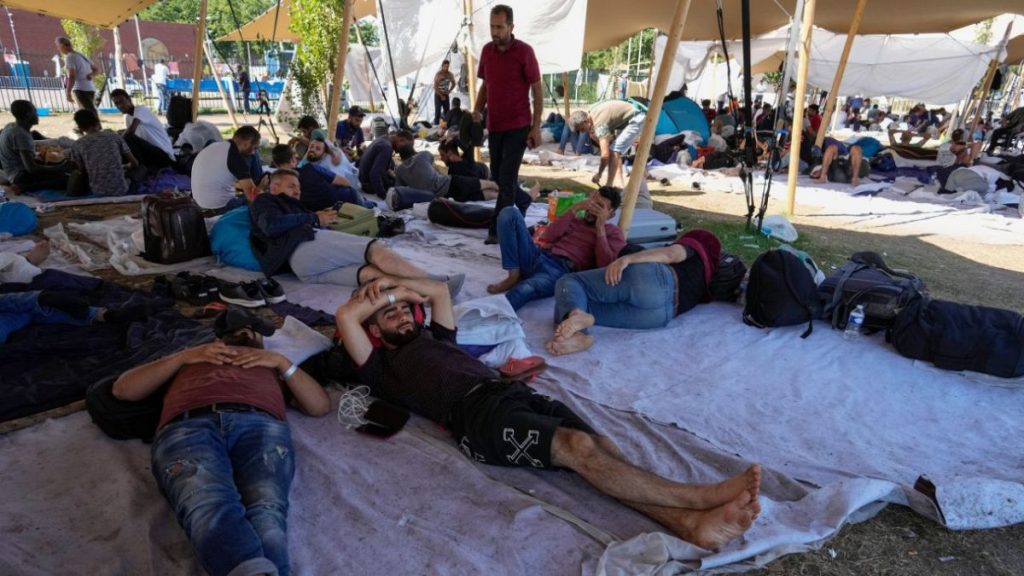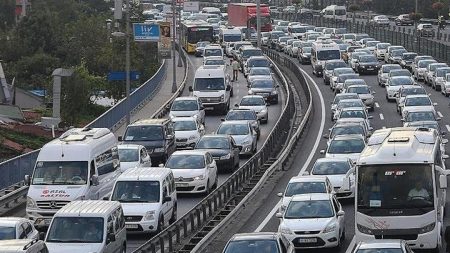Syrians continue to be the largest group among asylum seekers in the EU, with Germany, Spain, Italy, and France hosting the most cases. Despite a 17% decrease in first-time asylum applications this summer, Syrians still accounted for over 10,000 applications, followed by Venezuelans and Afghans. Germany, Spain, Italy, and France are processing the majority of first-time applications, making up 76% of all cases in the EU. Additionally, there are over 2,000 unaccompanied minor asylum seekers, with most coming from Syria, Afghanistan, and Egypt and applying for asylum in countries such as Germany, Bulgaria, Greece, the Netherlands, and Spain.
The 17% decline in asylum applications is occurring against a backdrop of increased migration concerns across EU member states, pushing the issue to the top of the agenda. Several countries have implemented stricter border controls in response, such as Germany tightening its land borders for six months and allowing law enforcement to reject more migrants at the border. Temporary border controls have been set up at land borders with various countries, including France, Luxembourg, the Netherlands, Belgium, and Denmark. The German Interior Minister, Nancy Faeser, emphasized the need to strengthen controls at national borders until the EU can establish stronger protection of its external borders through a new Common European Asylum System.
The Dutch government also plans to request an opt-out clause from the EU’s migration and asylum rules, indicating a push for more autonomy in addressing these issues. This move reflects ongoing debates within EU member states on how to manage migration and asylum policies effectively. The decisions taken by Germany and the Netherlands signal a broader trend toward stricter border controls and potential revisions to existing EU regulations in response to ongoing migration challenges. These developments highlight the complex and contentious nature of asylum policy within the EU framework.
Despite the slight decrease in first-time asylum applications, migration concerns continue to drive policy discussions and actions in various EU countries. The prevalence of Syrians among asylum seekers, along with the high numbers in countries like Germany, Spain, Italy, and France, underscores the ongoing need for coordinated approaches to managing asylum processes and addressing humanitarian needs. The decision by Germany and the potential move by the Dutch government to seek exemptions from EU rules illustrate diverging perspectives on migration and asylum within the EU, highlighting the challenges of finding common ground on such complex and sensitive issues.
The situation facing asylum seekers in the EU remains fluid, with ongoing debates and policy changes shaping responses to migration challenges. The high numbers of Syrians and other nationalities seeking asylum in countries like Germany, Spain, Italy, and France underscore the need for consistent and humane approaches to processing applications and providing support to those in need. The varying responses from different EU countries, including tighter border controls and potential opt-outs from EU regulations, reflect the diverse perspectives and priorities within the bloc on managing migration and asylum issues. As the EU continues to grapple with these challenges, finding effective and sustainable solutions will require ongoing dialogue and cooperation among member states.















